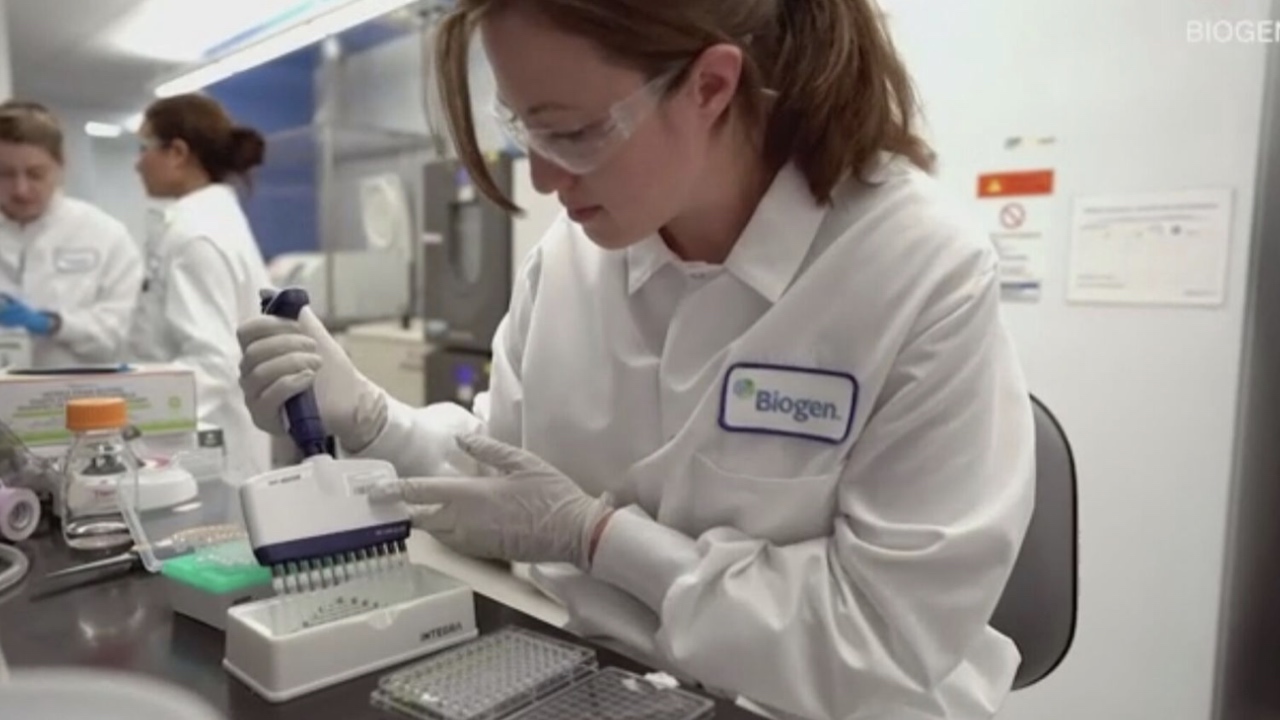"Dramatic result": New drug shows hope for slowing down Alzheimer's disease

A trial drug has shown "significant" results in slowing down Alzheimer's disease, with Australian healthcare experts hopeful in where this breakthrough can take their research.
The drug, known as Lecanemab, has been proven to reduce cognitive decline by 27 per cent compared to placebo, according to an overseas study.
More than 1,700 patients with mild cognitive impairment were enrolled in the study and the results were collected over 18 months.
"Functionally and cognitively, it seems they did better and so that is a dramatic result," Dr Lawrence Honig, one of the study investigators from Columbia University Medical Centre, said.
The drug works by removing the build-up of amyloid plaques in the brain which is one of the hallmarks of the disease, which featured in the scans of each study participant.
Australian experts are excited about the findings, and how this can further their research.
"This is the first time we've seen a drug like this have these kinds of effects," Professor Sharon Naismith, Clinical Neuropsychologist & NHMRC Dementia Leadership Fellow at the University of Sydney, said.
"The results of this trial have massive implications for our resourcing."
Naismith warns there's a need to spend more money on better diagnosing patients with mild cognitive impairment.
"In the past there has been a lot of reluctance from healthcare physicians to diagnose or ask about cognitive impairment, even in primary care," she said.
She said being able to access a drug that can slow cognitive decline will change the paradigm and conversation around Alzheimer's disease.
"I do think we're going to get a real avalanche of people coming to GPs and coming to memory clinics for that reason," she said.
Professor Kathryn Goozee, Director of KaRa Minds at Macquarie Park said the study showed using an antibody to target amyloid in the brain can help with cognition.
"To date there has been no disease-modifying medication so we want to be offering studies that can potentially change that trajectory," Goozee said.
The full details of the results will be presented at an international conference of experts in the US in late November.
Image credits: 9News
